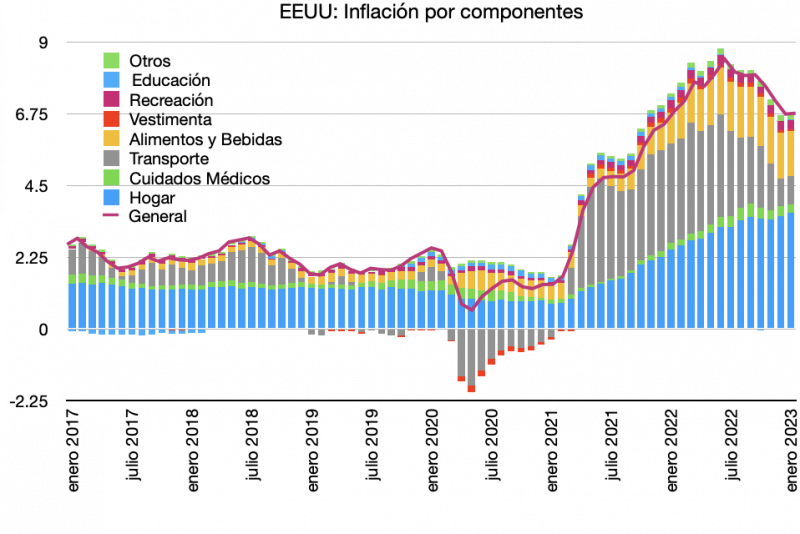Make live or let die: challenges of social protection policies
This article analyses the situation and challenges of non-contributory social protection systems as income guarantee instruments in Latin America. Although a wide variety of techniques differ in their intensity of coverage and the level of income they cover, their positive impact is demonstrated. Yet, they still need to achieve the minimum objective of eradicating extreme poverty.










